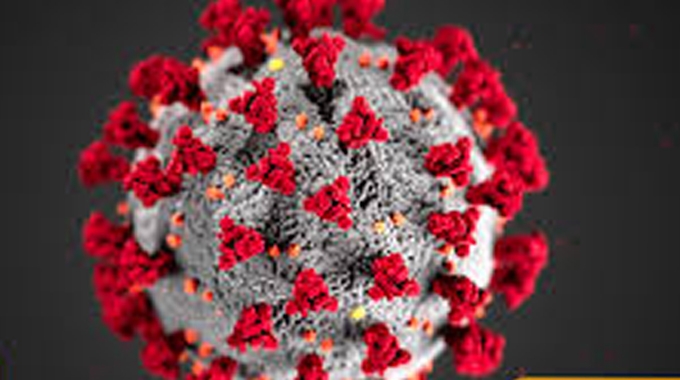
The Sunday Mail

THE Covid-19 pandemic has likely brought many changes to how you live your life, and with it uncertainty, altered daily routines, financial pressures and social isolation.
You may worry about getting sick, how long the pandemic will last and what the future will bring.
Information overload, rumours and misinformation can make your life feel out of control and make it unclear what to do.
During the Covid-19 pandemic, you may experience stress, anxiety, fear, sadness and loneliness. And mental health disorders, including anxiety and depression, can worsen.
Learn self-care strategies and get the care you need to help you cope.
Self-care strategies
Self-care strategies are good for your mental and physical health and can help you take charge of your life. Take care of your body and your mind and connect with others to benefit your mental health.
Taking care of your body
Be mindful about your physical health by getting enough sleep.
Go to bed and get up each day as you have always done before the lockdown.
Regular physical activity will help reduce anxiety and improve mood. Get outside in an area that makes it easy to maintain distance from people — as recommended by the Government and the World Health Organisation (WHO).
Also, choose a well-balanced diet and avoid junk food and refined sugar.
Avoid tobacco, alcohol and drugs (unless prescribed by a doctor) as these compromise your immune system.
Television and other electronic devices should be switched off for some time during the day, including 30 minutes before bedtime.
Take care of your mind
Reduce stress triggers by maintaining a regular schedule.
In addition to sticking to a regular bedtime routine, keep consistent times for meals, bathing and getting dressed, work or study schedules, and exercise.
Also set aside time for activities you enjoy. This predictability can make you feel more in control.
Similarly, you need to limit exposure to news media.
Constant news about Covid-19 from all types of media can heighten fears about the disease. Also limit social media that may expose you to rumours and false information.
Instead, look for reliable sources such as the Government controlled channels or WHO.
A distraction can get you away from the cycle of negative thoughts that feed anxiety and depression.
Enjoy hobbies that you can do at home, identify a new project or clean out that closet you promised you would get to. Doing something positive to manage anxiety is a healthy coping strategy.
Choose to focus on the positive things in your life, instead of dwelling on how bad you feel.
Do not become overwhelmed by creating a life-changing list of things to achieve while you are home.
Connect with others
Build support and strengthen relationships by avoiding social isolation.
Find time each day to make virtual connections by email, texts, phone, Facebook or similar apps.
Find purpose in helping the people around you.
If you know someone who cannot get out, ask if there is something needed, such as groceries or a prescription picked up, for instance.
Recognising what is typical and what is not
Stress is a normal psychological and physical reaction to the demands of life.
Everyone reacts differently to difficult situations, and it is normal to feel stress and worry during a crisis.
But multiple challenges daily, such as the effects of the Covid-19 pandemic, can push you beyond your ability to cope.
Many people may have mental health concerns, such as symptoms of anxiety and depression during this time. And feelings may change over time.
Get help when you need it
Hoping mental health problems such as anxiety or depression will go away on their own can lead to worsening symptoms.
If you have concerns or if you experience worsening of mental health symptoms, ask for help when you need it, and be upfront about how you are doing. The same applies when you are feeling suicidal or thinking of hurting yourself.
Help can be obtained from your primary care provider or a mental health professional approved by Government or WHO. — Online sources.



